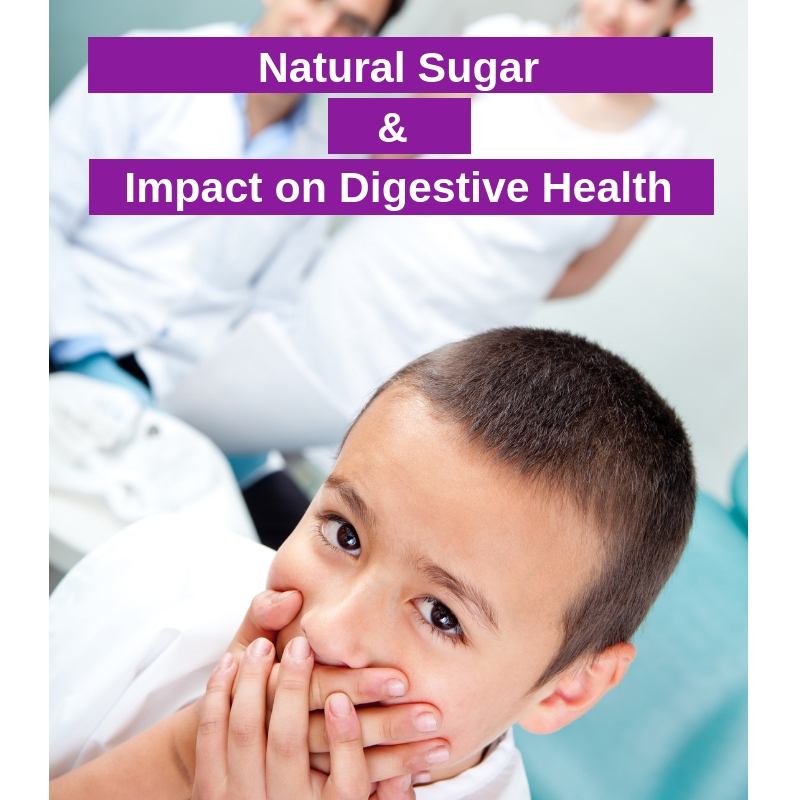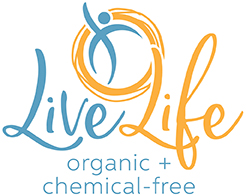
Want your digestive system to function better?
Try creating a sugar free and sweetener free diet!
One that is free of natural and artificial sweeteners may reduce sugar levels and man-made chemicals in your food.
What’s Harmful about Natural Sugar?
Natural sugar can still be a processed or refined sugar. It simply has a natural ingredient as the base.
Some manufacturers call their sweeteners “natural” even though they’re processed or refined. Stevia preparations are one example. And some artificial sweeteners are derived from naturally occurring substances — sucralose comes from sugar.
-Mayo Clinic, Nutrition and Healthy Eating
Too much natural sugar and artificial sweeteners may affect our digestive system, leading to diabetes, immune system illnesses, inflammation, and other health conditions.
In addition, natural sugar and artificial sugar are processed by the digestive system the same way.
“Natural sugar substitutes may seem healthier than sugar. But their vitamin and mineral content isn’t significantly different. For example, honey and sugar are nutritionally similar, and your body processes both into glucose and fructose.”
– Mayo Clinic, Healthy Lifestyle, Nutrition and Healthy Eating
This means, natural sweeteners have the same effect on digestive health, as sugars do.
“But — bottom line — when it comes to your metabolism, all natural sweeteners behave like sugar.”
– Cleveland Clinic, Health Essentials
Our metabolism, part of the digestive system function, breaks down foods and sugars and turns them into energy. This process is a balancing act. The metabolism (and digestive system as a whole) thrives on healthy eating habits.
Eating sugar in moderation is helpful. However, today, our diets include sugar from too many sources, including:
- Condiments (ketchup, mayonnaise, mustard)
- Salad dressing
- Spices
- Desserts (cakes, cookies, ice cream)
- Breads (sandwich breads, zucchini bread, wraps)
- Muffins and scones
- Juices
- Granola (mixes, bars)
What are Common Names for Sugar
Names for added sugar include:
- Agave nectar
- Brown sugar
- Cane crystals
- Cane sugar
- Corn sweetener
- Corn syrup
- Crystalline fructose
- Dextrose
- Evaporated cane juice
- Fructose
- Fruit juice concentrates
- Glucose
- High-fructose corn syrup
- Honey
- Invert sugar
- Maltose
- Maple syrup
- Molasses
- Raw sugar
- Sucrose
- Syrup
3 Ways to Choose Food without Natural or Artificial Sweeteners
Here are three strategies for choosing food without natural or artificial sweeteners.
- Eat Fresh Organic Foods. By eating fresh organic fruits and vegetables you know that the ingredient you’re eating is the only ingredient, so there is no added sugar. Organic fresh foods mean no chemical pesticides and non-GMO seeds were used.
- Cook from scratch. Find quick, easy, sugar free recipes. Making snacks, meals, and desserts yourself (instead of from processed foods) means you know what ingredients are in your meals. Foods that have the USDA Organic certification mean that 95-100% of ingredients are organic. It’s a great way to know that additives, natural and artificial sweeteners are minimal (if any).
- Check labels. Look for any of the natural or artificial sugar names listed on the label. While food manufacturers do not have to list all ingredients, checking labels may help reduce the amount of added sugar (and related chemicals) in your diet.
Want to learn more ways to eat healthier, organic and chemical free?
Sign up to receive our newsletter!

So Stevia is bad? I thought it was O.K.
Lynn
Thanks for the question, Lynn! Stevia is derived from the (green) stevia herb, which is natural. However, the form of stevia that is traditionally sold in grocery stores and health food stores is processed with bleach and other chemical processes. Sticking with unprocessed foods (and sugars )is best. Processed sugars and sugar substitutes don’t have nutritional value and are a “treat” in our diets. For sugar intake, eating raw organic fruits is best. It steers clear of processed sugars and has (truly) natural sugars and fiber.